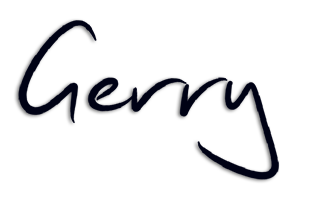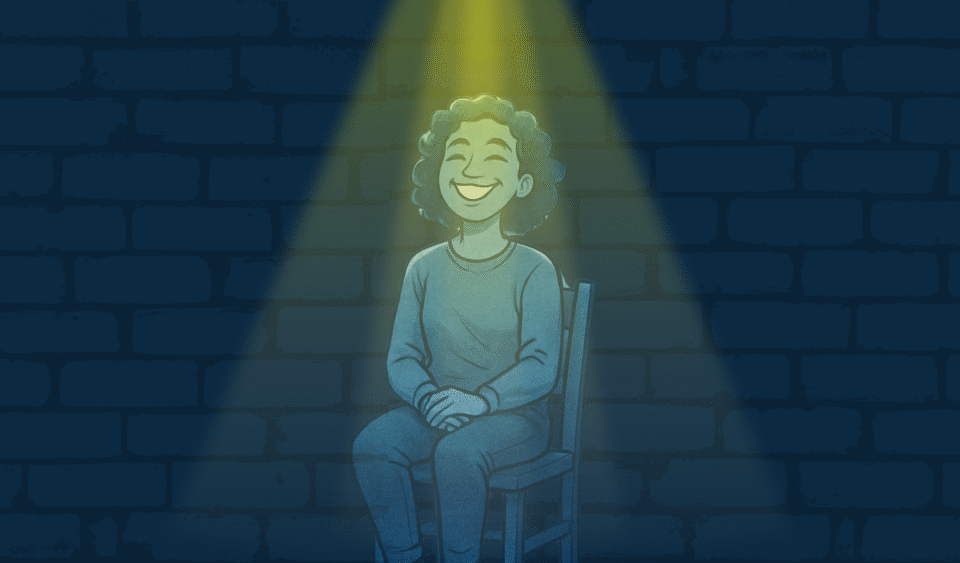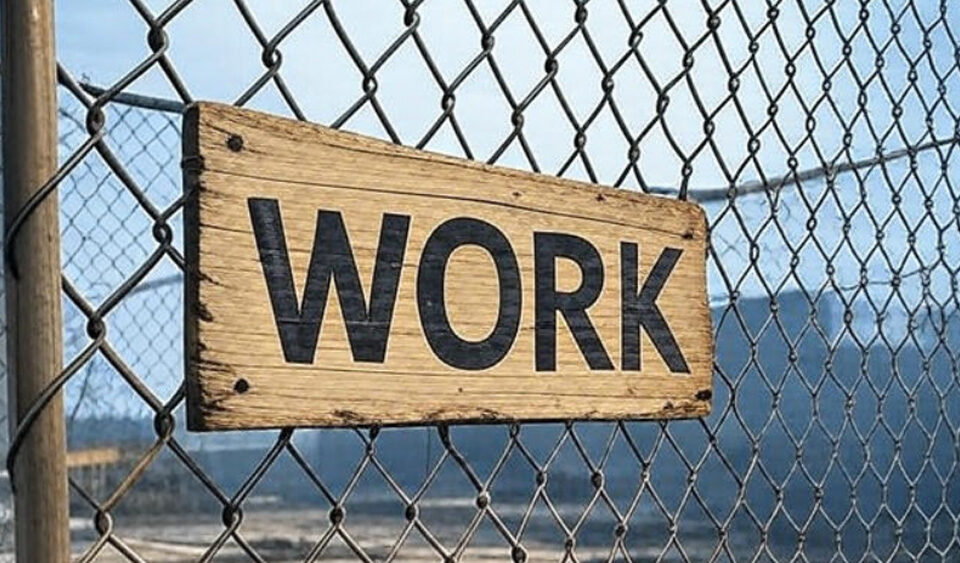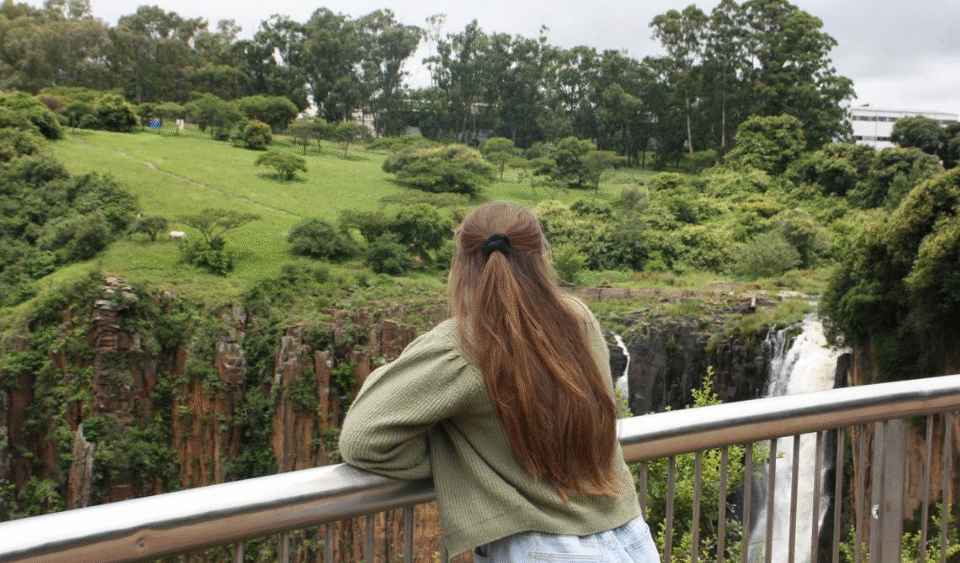4:30 AM. Another day in paradise begins.
You take that first breath of morning air, crisp with possibility, heavy with responsibility. There’s a beauty in these moments before the world wakes up – when it’s just you, the stars, and the weight of what’s to come.
This isn’t another story about how tough guiding is. This is about what happens in the spaces between game drives. In the quiet moments when the adrenaline settles and reality seeps in.
We need to talk about those moments.
Because right now, somewhere in the African bush, a guide is putting on their uniform, checking their rifle, and stepping into their role as dream-maker, safety-keeper, and storyteller. They’re carrying more than just their rifle and binoculars. They’re carrying the weight of constant vigilance, of missed family events, of relationships stretched across continents.
Every guide knows the contradictions:
- We have the most beautiful office in the world, but we can’t just walk in it whenever we want
- We’re surrounded by people but often feel profoundly alone
- We’re living everyone’s dream while sometimes questioning our own
- We’re experts at connecting people to nature, yet struggle to maintain our own connections back home
The industry doesn’t talk enough about how it feels to process a violent kill while maintaining a calm demeanor for guests. About the mental gymnastics of being “on” for 16 hours straight while running emergency scenarios in your head. About watching your friends back home build “normal” lives while you’re missing another Christmas, another wedding, another moment you can’t get back.
But here’s what’s important: These feelings don’t make you less of a guide. They make you human.
That uncertainty about how long you can sustain this life? It’s normal. The question of what comes after? Everyone asks it. The guilt of loving your job while sometimes resenting its costs? We all carry it.
Have you found yourself sitting by a campfire, any of the following echoing in your head? Or maybe they find you in those quiet moments behind the wheel of your game viewer, when the adrenaline of the morning drive fades and you’re heading back to the lodge? I see them in the eyes of every guide I meet, hear them in the whispered conversations around the staff fire. They’re the thoughts that visit at 3 AM when the lions are roaring and sleep won’t come:
- “How long can I really sustain this lifestyle before my body or spirit gives out?”
- “What happens if I lose my edge – if my reflexes slow down or my nerves aren’t as steady?”
- “Am I being selfish choosing this life when it impacts everyone who cares about me?”
- “How do I explain to my family that I can’t make it to another wedding/birthday/funeral because I’m responsible for guests halfway across the world?”
- “Will I ever have a ‘normal’ relationship when I’m in the bush 300 days a year?”
- “Am I falling behind my peers who chose conventional careers with retirement plans and mortgages?”
- “When does passion stop being enough to compensate for the missed life moments?”
Your ability to handle these challenges while maintaining your passion for the wild? That’s not just professionalism – that’s strength.
Because the truth is, guiding isn’t just a job. It’s a calling. It’s something that gets into your blood, changes how you see the world. The skills you’ve developed – the patience, the awareness, the ability to read situations and adapt instantly – these aren’t just guiding skills. They’re life skills that will serve you wherever this path leads.
To the guide who’s questioning:
- Your struggles don’t diminish your capabilities
- Your doubts don’t negate your passion
- Your need for connection doesn’t make you weak
- Your questions about the future don’t make you less committed to the present
The magic of what we do isn’t in pretending it’s all sundowners and perfect sightings. It’s in embracing the whole journey – the breathtaking moments and the challenging ones. It’s in knowing that the very things that make this life difficult are often the things that make it profound.
You’re not alone in this. That’s not just a comforting phrase – it’s a reality. Every guide you admire has wrestled with these same thoughts. Has questioned their path. Has felt the weight of the lifestyle while still being grateful for it.
The industry is changing. Slowly, but it is. More operators are recognizing the need for mental health support. More guides are speaking openly about these challenges. The old “tough it out” mentality is giving way to something more sustainable, more human.
So to the guide reading this between game drives:
Your feelings are valid. Your questions about the future are normal. Your need for balance doesn’t make you any less dedicated to your craft.
This life we’ve chosen – it’s complex, challenging, and incredibly beautiful. Just like the wilderness we interpret, it’s not meant to be perfect. It’s meant to be real.
Let’s talk about something harder.
In recent years, our industry has lost too many good people to suicide. From the outside, people don’t understand. They see the dream job, the adventure, the perfectly curated social media posts. They don’t see the isolation, the financial pressures, the strain of maintaining relationships, or the weight of expectations that can make this dream feel like quicksand. I know because I’ve felt it too. I’ve walked through those dark places where the beauty of the bush isn’t enough to outweigh the heaviness in your chest.
If you’re in that place right now – where the weight feels too heavy, where you’re questioning everything, where you can’t see a way forward – reach out. I mean it, click here to send me a WhatsApp. I’ve been there. I’ve found my way through, and I’m willing to share that journey with you. You’re not just another guide number. You’re part of a group of people that’s stronger when we stop pretending we’re indestructible.
Sometimes the bravest thing isn’t facing down a charging elephant – it’s facing yourself and admitting when the cost is getting too high.
Here’s the truth that took me too long to learn: Looking after your mental health, your physical wellbeing, your whole self – it’s not optional. It’s not something you do when you have time or when things get bad. It’s as essential as checking your vehicle before a drive or knowing your emergency protocols. Because this isn’t just about surviving in the industry – it’s about building a life that can sustain both your passion and your peace. If you want to keep guiding, if you want to keep building something meaningful, you have to start treating your own wellness as non-negotiable.
And to the freelance and photo guides out there, – I see you too. Living out of bags, chasing seasons across continents, dealing with the pressure of constant travel and delivery. Different challenges, same weight. The irregular income, the competitive pressure, the missed family events, the struggle to maintain any sense of routine or stability. Your battles might look different, but they’re just as real.
Being a guide – whether you’re based in a single camp or roaming continents – is one of the most profound callings there is. We get to be the bridge between people and wild places, the storytellers of nature’s greatest moments, the keepers of experiences that change lives. That privilege comes with a price, and there’s no shame in acknowledging that cost.
Just like we teach our guests about sustainable tourism, we need to practice sustainable guiding. Your expertise, your passion, your ability to share the magic of wild places – these are precious resources. And like any resource, they need protecting. Your mental and physical wellbeing isn’t just self-care – it’s what keeps you able to do what you love.
To the young guides out there, living the dream, feeling invincible – I get it. I was you. Caught up in the romance of it all, running on adrenaline and passion. I wish someone had told me what I’m telling you now. The dream doesn’t have to fade, but it needs to be sustainable.
Whether you’re dealing with anxiety, depression, burnout, or just need someone to talk to who understands this life – please reach out. You don’t have to wait until you’re in crisis. Sometimes just talking to someone who’s walked this path makes all the difference.
And to the lodge managers and safari operators reading this – your guides are your most valuable asset. Their wellbeing isn’t just about staff retention; it’s about the soul of your operation. If you’re looking to implement mental health workshops or awareness programs for your guiding team, let’s talk. Together, we can build something that makes a real difference.
The bush has always been our greatest teacher, and here’s its hardest lesson: it doesn’t care about your image or your pride. Yes, walking with lions and tracking rhino is fucking incredible – it’s the kind of work that makes your heart race and your soul sing. But those elephant tracks you’re reading? They’re as real as the tracks this lifestyle leaves on your psyche. We lose too many good guides because we’re better at reading spoor than reading ourselves.
The next evolution in guiding isn’t about going soft – it’s about being smart enough to recognize that burning out isn’t a badge of honor, it’s a tactical error.
That’s not just sustainable guiding.
That’s intelligent guiding.
That’s what separates the guides who survive this industry from those who let it consume them.
Stay safe out there.







